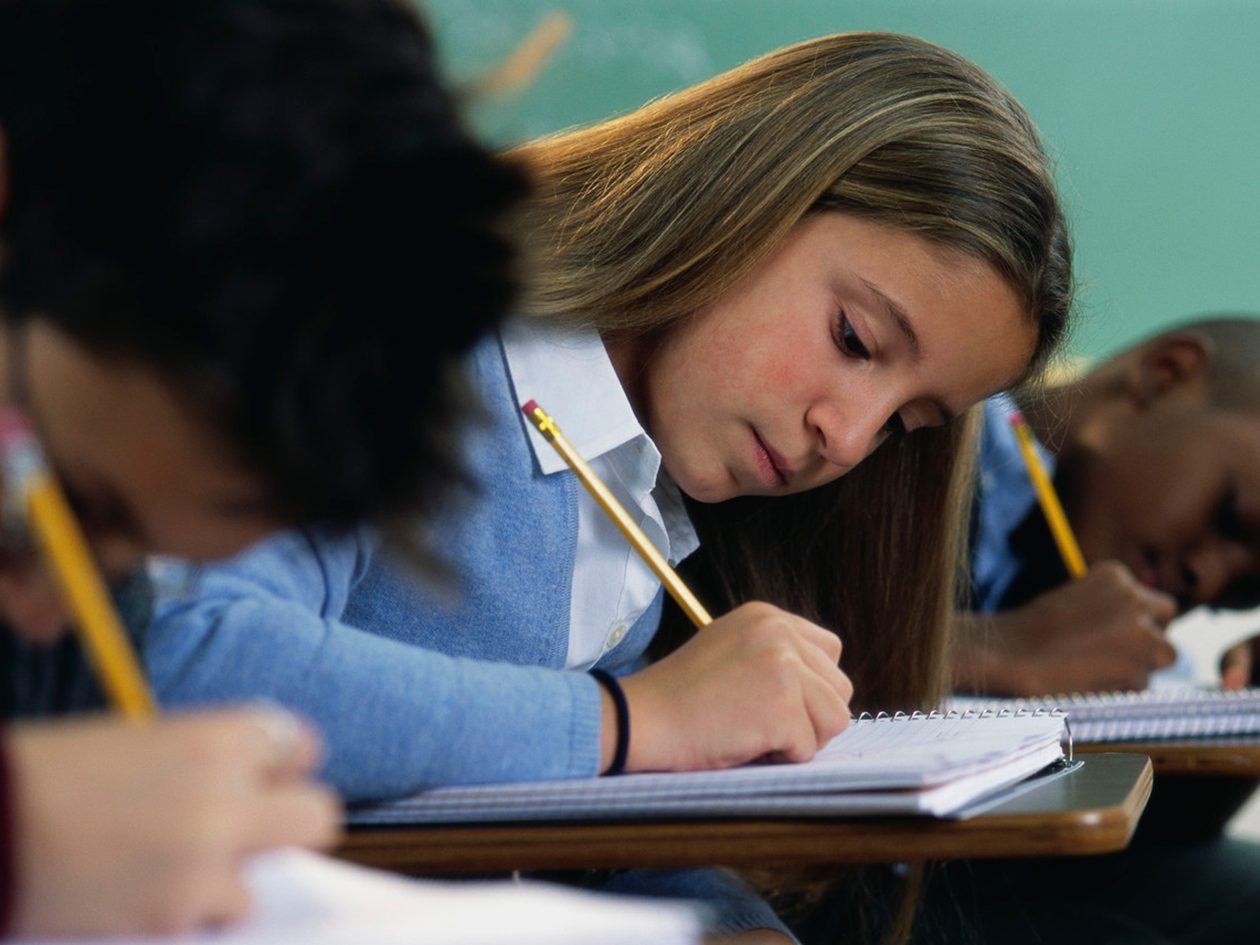The study, “Spending it Wisely: How can schools use their resources to help poorer pupils?” by the Institute for Social and Economic Research at the University of Essex and the University of York was funded by the Nuffield Foundation. Researchers Dr Birgitta Rabe and Professor Cheti Nicoletti looked at data from the National Pupil Database and analysed the impact of different types of spending on groups of students in secondary schools.
The study finds that an increase in secondary school budgets leads able students to make far more extra progress than their less able mates. This means that spending in secondary schools is most productive for pupils who are already doing well at the end of primary school. However, bright girls from poor backgrounds are not receiving support in school to enable them to keep up with peers that are as bright as them. Recent emphasis on engaging boys from poor backgrounds in education may have neglected the needs of poor girls who are quietly not reaching their full potential in class.
The impact of teaching assistants
The study found that teaching assistants had significant impact on the progress of low achieving students, those from poorer families and on students with English as an additional language. Spending on teaching assistants improves their outcomes and helps to narrow the achievement gap between these pupils and their peers.
SEN spending policy success
The study pre-dates the introduction of the pupil premium, designed to support the poorest pupils, and was conducted for a time-period that targeted other groups such as pupils with special educational needs (SEN). The researchers found that SEN pupils make significant progress in secondary school compared with their peers. This shows that targeting pupils in school policies can hugely improve progress.
Policy implications
A roundtable of educationalists, head teachers, civil servants and think tanks analysed the findings of the study for policy implications. They concluded schools may have focussed too much on engaging boys from disadvantaged backgrounds and neglected the able girls from the same backgrounds. Boys in this group may have tendency towards truancy and bad behaviour, while girls may be present in class but quietly non-achieving.
The experts suggested that the Pupil Premium, extra funds to support the poorest children, should be higher in primary school than in secondary school as it is clear from the study that reducing inequalities in achievements in secondary school is much more costly. There should be more support to get poor children to catch up between year 2 and year 7 ideally.
Dr Birgitta Rabe, Senior Research Fellow at ISER and co-author of the study said:
“Targeting is effective – but at the moment not enough is being done to target resources to support able girls from poor families to achieve their potential. This study shows school leaders that they need to regularly evaluate the impact of spending in school on all those pupils who are falling furthest behind.”
The Nuffield Foundation is an endowed charitable trust that aims to improve social well-being in the widest sense. It funds research and innovation in education and social policy and also works to build capacity in education, science and social science research. The Nuffield Foundation has funded this project, but the views expressed are those of the authors and not necessarily those of the Foundation. More information is available at www.nuffieldfoundation.org
“Spending it wisely” (pdf)
